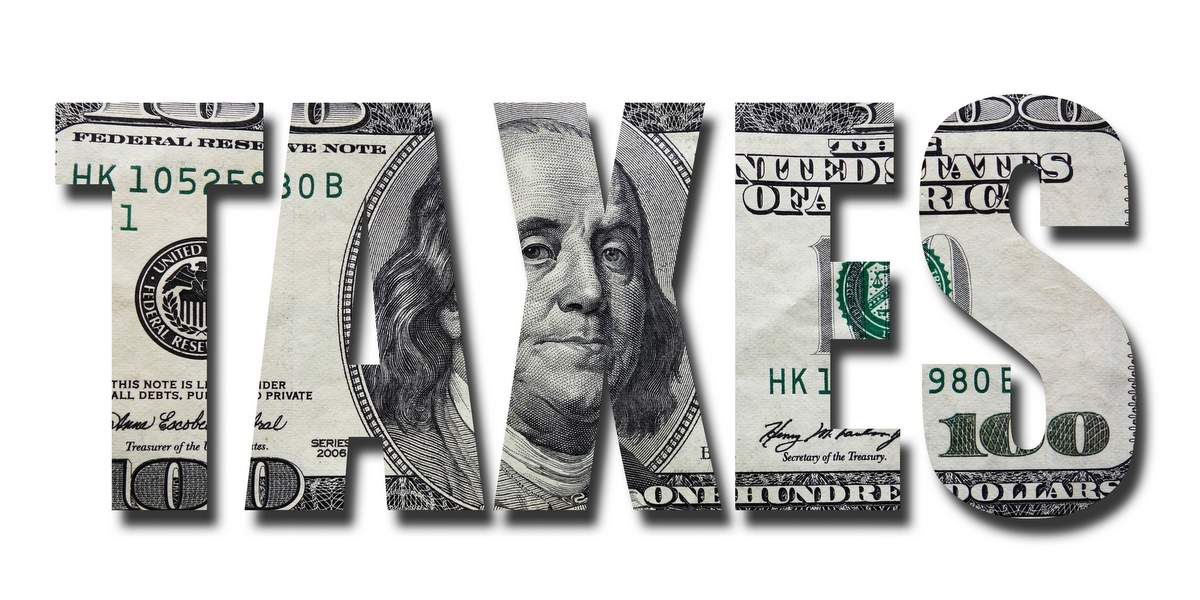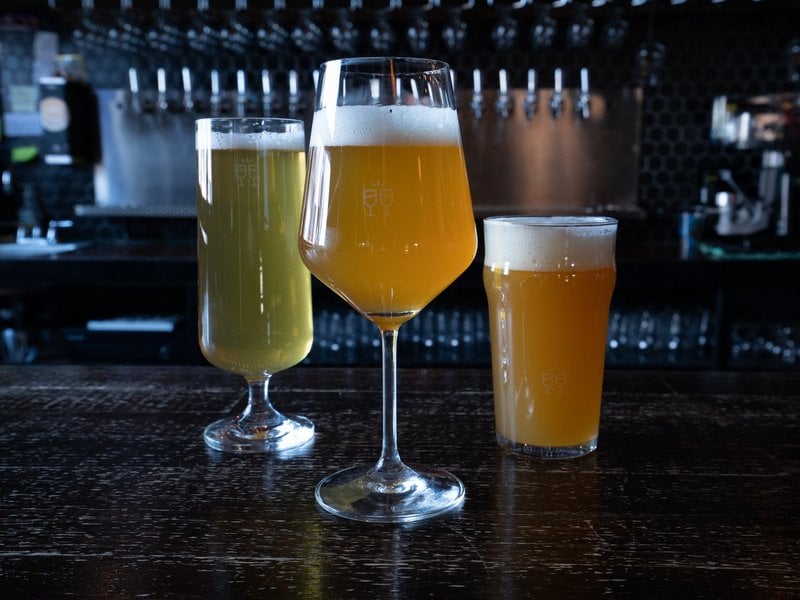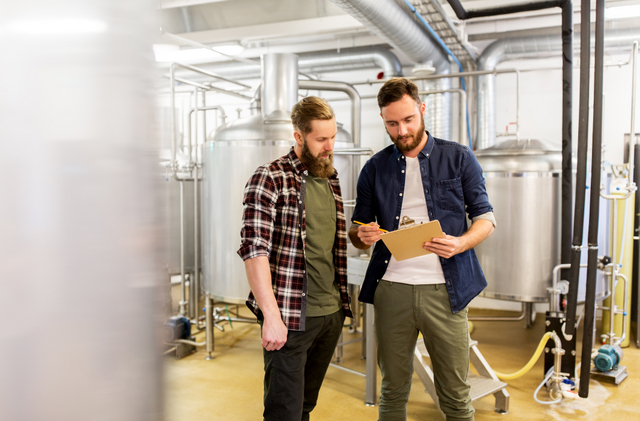
Proposed tax legislation, the Tax Relief for American Families and Workers Act, passed the House of Representatives in January with bipartisan support but is facing challenges as it awaits a vote in the Senate. There are a few key topics in this bill that severely affect the craft brewing industry, including the treatment of domestic research and expenditure costs, the deductibility of interest expense and the restoration of 100% accelerated depreciation for capital asset purchases.
Until 2022, taxpayers were able to fully deduct domestic research and development (R&D) costs that were paid or incurred in the tax year. However, when the Tax Cuts and Jobs Act (TCJA) was passed in 2017, it modified Section 174 of the Internal Revenue Code to require U.S.-based R&D expenses to be capitalized and amortized over a period of five years, effective for tax year 2022.
This means that the cost associated with new brews, enhanced or revised production processes, or even significant recipe modifications to an existing brew, must be capitalized — potentially leading to a large increase in taxable income.

The costs are not limited to production wages and ingredients; they also include allocable expenses like rent, utilities, and other overhead costs, based upon guidance from the IRS in the fall of 2023. The act would revert the treatment of domestic R&D costs to the pre-TCJA practice of fully expensing these costs in the year incurred — an extremely taxpayer-friendly move and one welcomed by the entire manufacturing industry. It is important to mention the availability of federal and state-level R&D tax credits, which could soften the blow if the legislation does not pass.
Another crucial section of the act tackles the limitation of interest expense under Section 163(j) of the Internal Revenue Code. Prior to TCJA, interest expense incurred by breweries and other taxpayers was generally fully deductible for tax purposes.
Under current law, interest expense is limited to 30% of earnings before taxes and interest (EBIT), meaning breweries with losses could potentially have all their interest expense suspended until taxable income is generated.
The act, if passed, would restore the interest limitation calculation to its pre-2022 formula, which includes both depreciation and amortization as exclusions. As brewing operations grow and the need for investments in equipment grows with it, inclusion of the depreciation in the new calculation allows for a greater deduction from income.
Lastly — but just as important for brewers — is the restoration of 100% accelerated depreciation for capital asset purchases and qualified improvement property.

Beginning in 2023, bonus depreciation under Section 168(k) decreased from the 100% deduction allowable for eligible assets placed in service during the year to 80% and will continue to decrease 20% year over year until it completely expires in 2027.
The benefit of reverting back to 100% bonus depreciation is felt not only by new breweries but also by established breweries that are increasing capacity or replacing outdated equipment. In addition to brewing equipment purchases, bonus depreciation can be advantageous for breweries that are renovating, building out their existing space, or opening another location altogether.
The provisions of this bill are retroactive to tax year 2023, and with the first major filing deadline coming up, many brewery owners and tax professionals are stuck waiting for action in Washington. All three of these important provisions will potentially decrease the taxable income of a brewing operation relative to the current law, resulting in preserved cash flow that can be used to continue improving and expanding the brewing operation.
To learn more about tax credit eligibility, visit us at wipfli.com.
Matt Mercurio, CPA, is a senior tax accountant with Wipfli LLP in Atlanta, Georgia, whose focus is the food and beverage industry. Ragan Holcomb, CPA, is a tax accountant with Wipfli LLP in Atlanta, Georgia, whose focus is the food and beverage industry.





Leave a Reply
You must be logged in to post a comment.